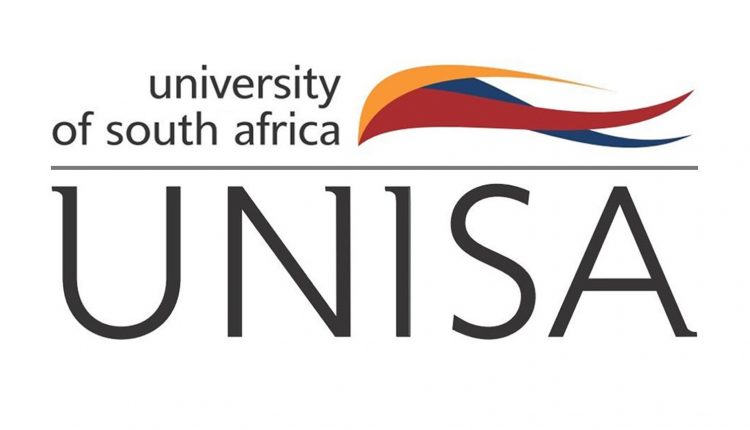University of South Africa: Supporting multilingualism in South African higher education
This event aims to gauge what resources are available at different universities and identify gaps in what is still required to support the implementation of the National Policy Framework in Higher Education.
“The College of Human Sciences is excited to host the event as it will showcase the strides done by the college in infusing the African epistemologies in teaching and learning, research and engaged scholarship,” says Professor Zethu Nkosi, Acting Executive Dean, College of Human Sciences.
“Language continues to be a barrier to access and success for many students at South African higher education institutions,” notes the Department of Higher Education and Training (DHET) in their revised Language Policy Framework for Higher Education. This policy framework emphasises the importance of developing multilingual environments at South Africa’s public higher education institutions as part of an ongoing effort to remove barriers to access and success in higher education in our multilingual society.
The policy framework was promulgated in 2020 for implementation in 2022; it mandates that universities and Technical and Vocational Education and Training (TVET) colleges begin to take tangible steps to develop all of South Africa’s eleven official languages as languages of scholarship, teaching, learning and administration.
CHS prides itself as the only college with a Department of African Languages which offers more than seven South African languages. “We promote languages through innovative interventions such as the qualifications we offer, short learning programmes in all South African languages, multilingualism colloquium, seminars and workshops,” says Nkosi. He adds: “Multilingualism allows access to higher education as many students will be able to perform better when using their mother tongue languages. In addition, student success rates will improve as information will be easily accessible using African Languages for all the teaching and learning.”
“Multilingualism in the academy has obvious potential as it will mean greater access to learning, student success, social cohesion, transformation and decoloniality,” says Professor Langa Khumalo, Executive Director of SADiLaR and Community of Practice for the Teaching and Learning of African Languages (CoPAL) Chair.
SADiLaR is a national research infrastructure (RI) hosted at the North-West University and funded by the Department of Science and Innovation (DSI). Its strategic mandate is to create, manage and distribute digital resources and applicable software to all South Africa’s official languages to stimulate and support research and development in the humanities and social sciences.
Unisa management, staff and students are encouraged to attend this event to engage and allow SADiLaR to get a view of the progress that universities have made towards implementing the DHET’s new language policy framework for public higher education institutions.

